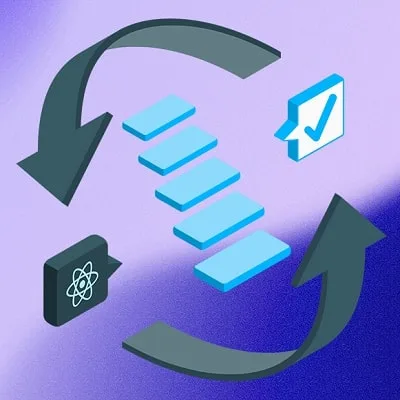
Optimization of Android Applications
Application optimization for Android refers to the process of making apps run more efficiently on the Android platform. This involves a variety of strategies aimed at reducing the app’s demand on a device’s hardware and software resources, such as CPU, memory, and battery life. Optimization ensures that an application not only delivers a smoother and faster user experience but also minimizes its impact on the overall performance of the device. Developers achieve this through code refinement, efficient use of resources, reducing app size, and improving its responsiveness and stability.
Meaning and Impact on the Operation of a Smartphone
The optimization of applications holds significant implications for the functionality of a smartphone. Unoptimized apps can lead to sluggish performance, rapid battery drain, excessive data usage, and even system instability. According to experts at cresus online casino, optimized applications improve the performance of the device, ensuring that each application uses only the necessary resources to perform its functions. This careful resource management helps in maintaining the smartphone’s speed, prolonging battery life, and providing a more reliable and consistent user experience.
Advantages of Optimizing Applications for Android
Optimizing Android applications brings a myriad of benefits not only to users but also to developers. For users, optimized apps mean faster load times, smoother operation, and less battery consumption, enhancing the overall usability of the device. For developers, optimization helps in improving app ratings and user satisfaction, which can lead to increased downloads and user retention. Additionally, by adhering to best practices in optimization, developers can ensure their applications perform well across a wide range of devices, including those with lower-end hardware specifications.

Improved Device Performance
One of the primary goals of application optimization is to enhance the performance of the device on which the app is installed. By optimizing code and reducing the app’s size, developers can significantly decrease the time it takes for the app to launch and perform tasks. This leads to a more responsive user interface and a reduction in app crashes and freezes, contributing to a smoother and more enjoyable experience for the user.
Optimization of Resource Use
Efficient use of resources is crucial in application optimization. This involves optimizing the app’s use of CPU, memory, and battery life. Techniques such as lazy loading (loading content on demand rather than all at once), effective cache management, and minimizing background activity can significantly reduce an app’s resource footprint.
Optimizing resource use not only improves the app’s performance but also minimizes its impact on the overall system, allowing other apps to run more efficiently and extending the device’s battery life. Optimization of Android applications is a critical process that significantly impacts the functionality and performance of both the app and the smartphone it runs on. Thanks to careful and strategic improvements, cresus online casino experts say – applications that offer users a superior experience, characterized by fast loading, smooth operation and efficient use of resources. As the Android ecosystem continues to grow and evolve, the importance of optimizing applications cannot be overstated, both for enhancing user satisfaction and for ensuring the longevity and success of the app in a highly competitive market.
Similar news
-
 Clone Landing Pages and Domain Spoofing: How Br...
Clone Landing Pages and Domain Spoofing: How Br...Clone landing pages and lookalike domains remain one of the …
-
 “Negative PR as a service”: what commercial sme...
“Negative PR as a service”: what commercial sme...The phrase “negative PR as a service” is used for …
-
 How Fake Review Networks Operate in 2026: Real ...
How Fake Review Networks Operate in 2026: Real ...Fake review networks have moved far beyond “a few paid …
